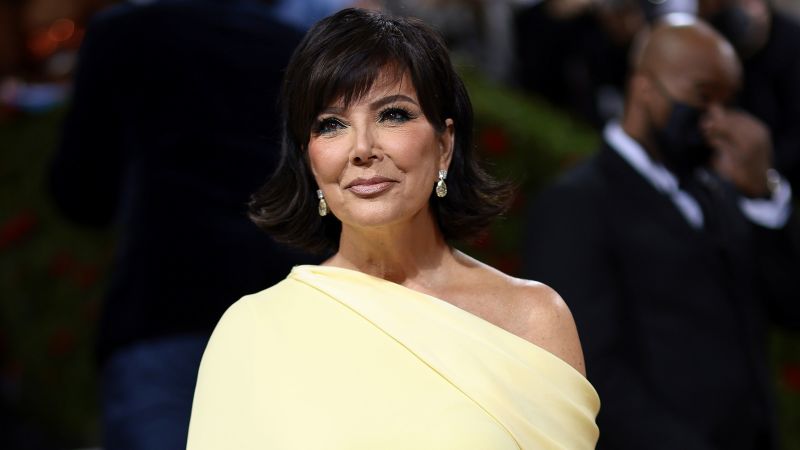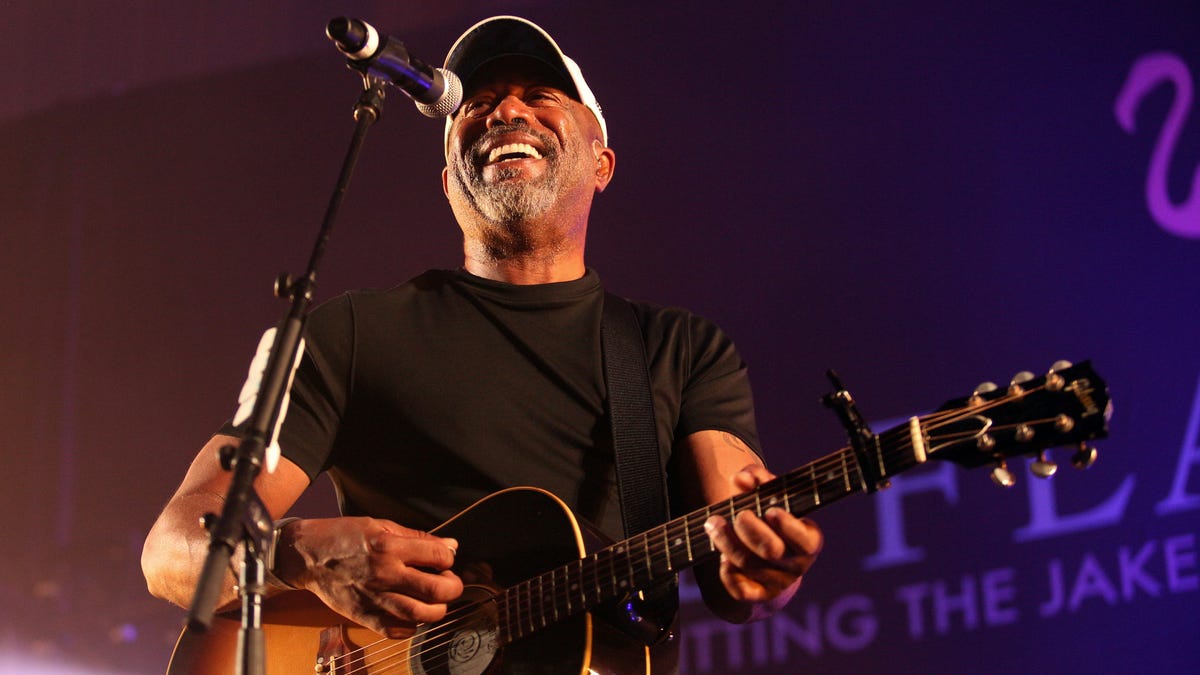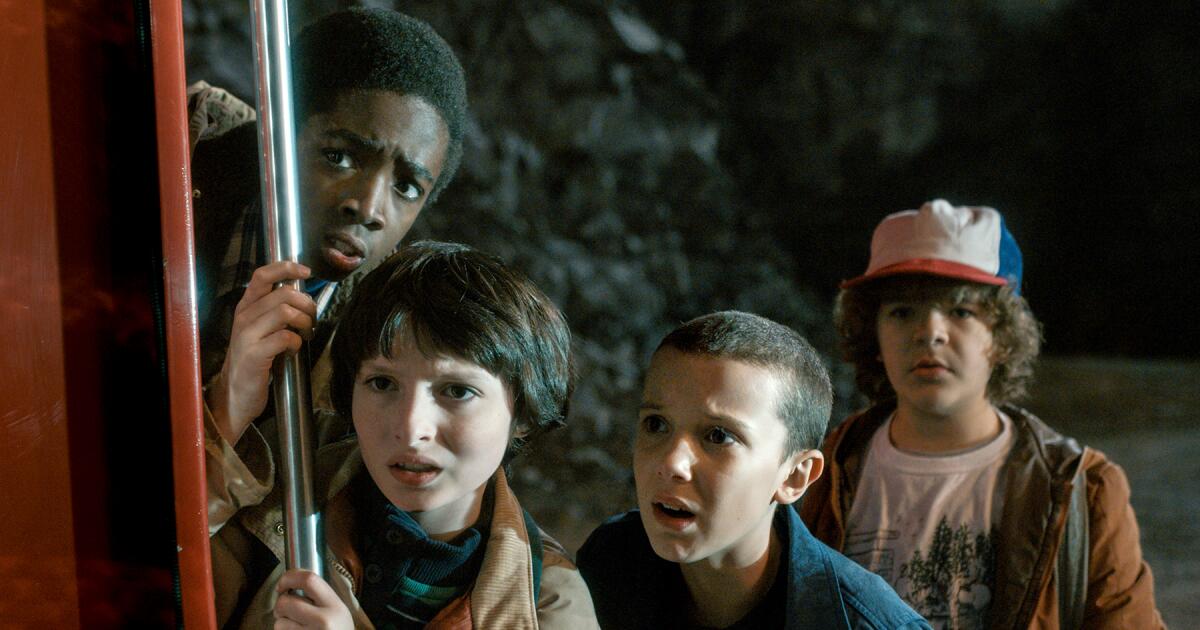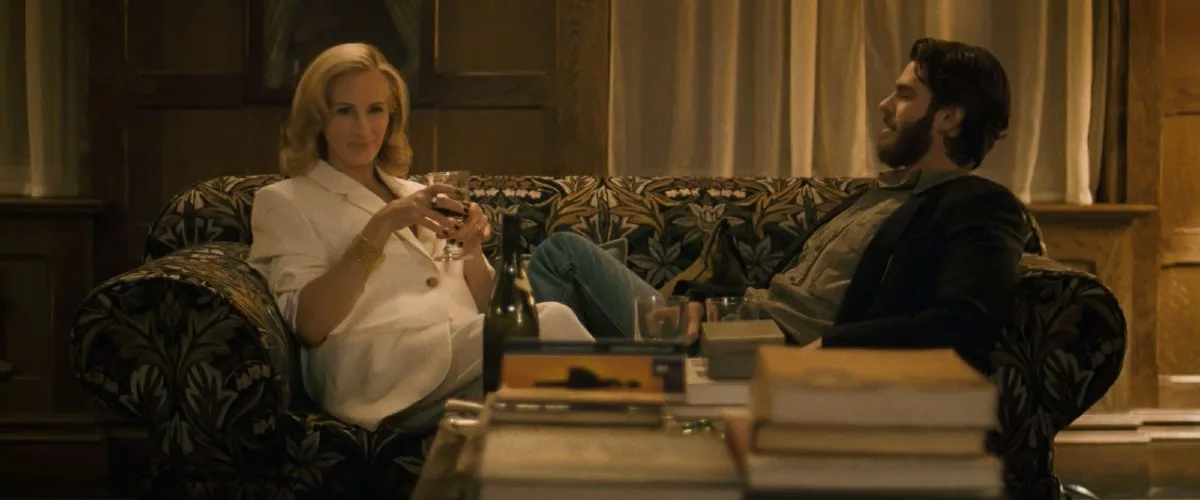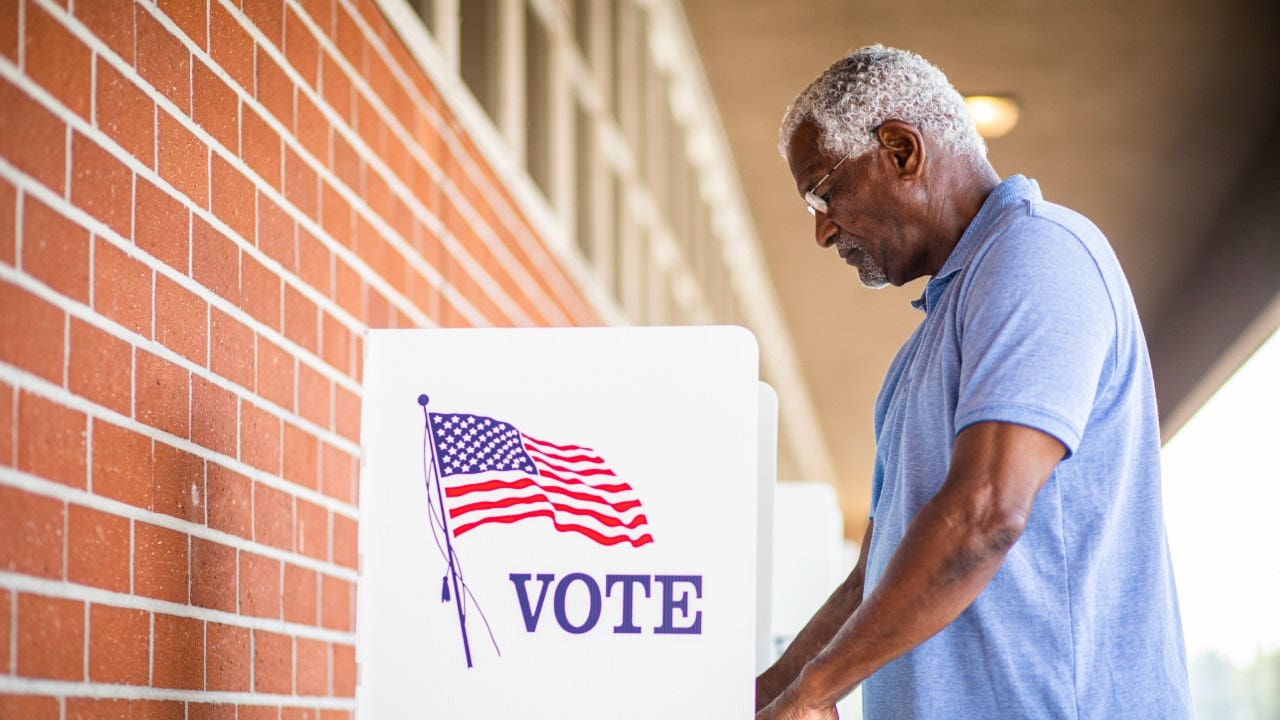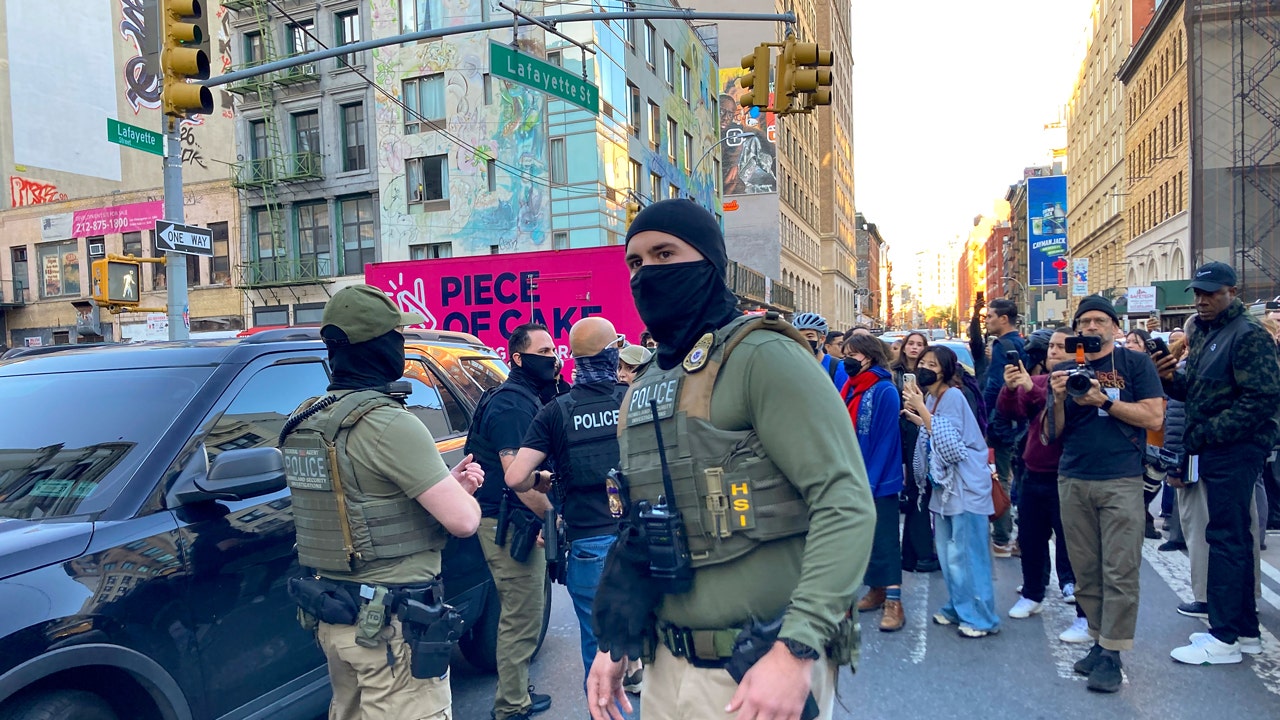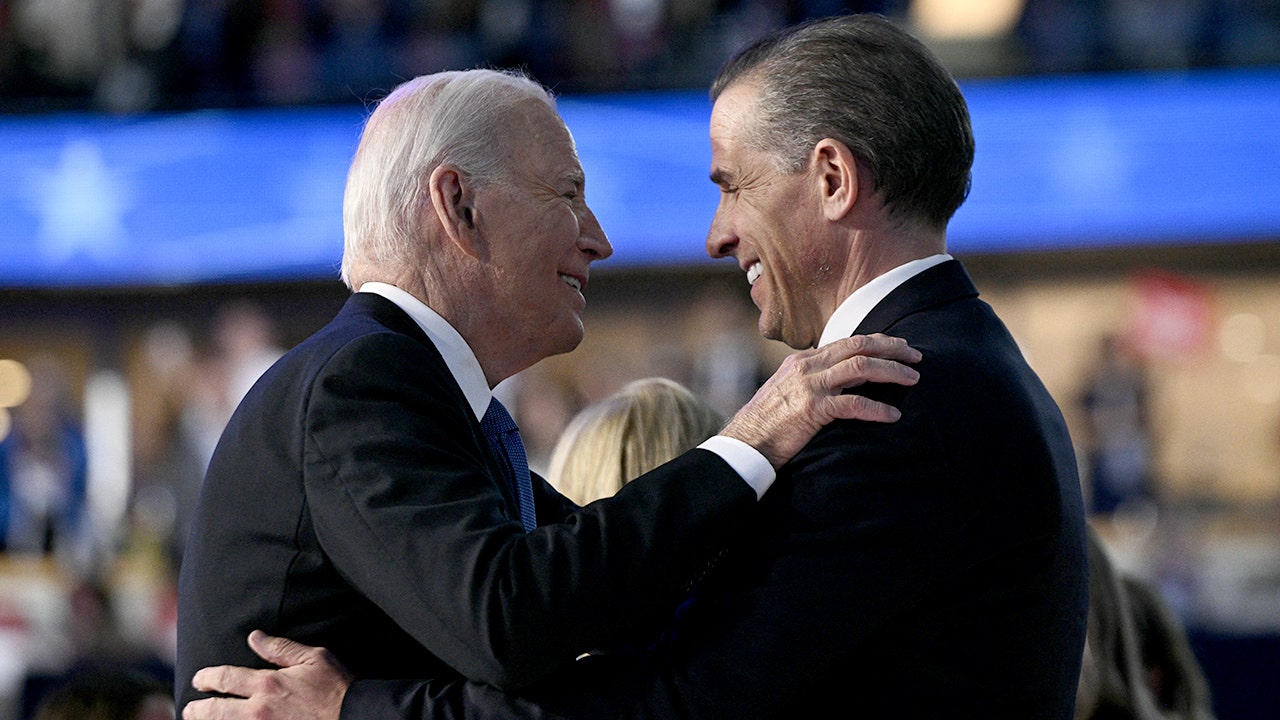Rapper Gucci Mane’s newest release might be his most vulnerable yet.
The Atlanta-based musician, promoting his third memoir, “Episode,” revealed to “The Breakfast Club” crew on Monday that he had been diagnosed with schizophrenia and bipolar disorder. He also went into detail about how he has learned to manage the mental health conditions, with a stern but helping hand from his wife, Keyshia Ka’oir.
The 45-year-old hip-hop star, born Radric Davis, said in a joint interview with Ka’oir that he sought professional help for his mental health after experiencing an episode during the pandemic. “After that I was just like, ‘Man, I gotta really hold myself accountable and take care of my health,’” he said.
“I don’t ever wanna have another episode again. I’m like, I’m gonna see a therapist, if I have to take medicine — I kinda like threw in the towel,” the rapper continued. “Whatever I need to do to get better.”
Schizophrenia is a serious mental health condition that affects how people behave, think and feel, according to the Mayo Clinic. Someone living with schizophrenia — which the clinic says can be managed with medicine and therapy — can experience “a mix of hallucinations, delusions, and disorganized thinking and behavior” and can “lose touch with reality.”
Bipolar disorder is a treatable mental health condition marked by extreme changes in mood, thought, energy and behavior, according to the Depression and Bipolar Support Alliance. A widely known symptom of the illness is manic episodes, which are marked by elevated changes in mood or behavior. But many people with a bipolar disorder diagnosis more commonly experience depressive episodes.
During the hour-long conversation, the “Wake Up in the Sky” rapper and Ka’oir shared details about his various episodes over the years and how it affected their relationship. They married in 2017 and share two kids. Ka’oir recalled witnessing Gucci Mane’s episodes even before they tied the knot.
During the episodes, “you’re seeing someone you don’t know,” said Ka’oir, who was born Keyshia Watson and modeled as Keyshia Dior. She recalled the rapper making “disrespectful” remarks and understood that he didn’t mean it. “I felt like if I left, he wouldn’t have been the same,” she said Monday. “He needed someone to help him.”
“I’m cool with this,” Ka’oir recalled thinking when someone voiced concern for their marriage.
Helping the Grammy-nominated “Exactly How I Feel” rapper manage his conditions proved challenging over the years, Ka’oir said. She said she worked with his inner circle to plan a “kidnapping” to a hospital so he could receive professional help. Ka’oir said she was confident that the rapper would never hurt her, even if other people worried otherwise.
Gucci Mane, who has faced legal woes including a federal prison sentence that ended in 2016, said he was “super embarrassed and hurt by the things I said” during his episodes. After his release from prison, he said, he apologized to a number of rap artists, name-dropping Rick Ross, Drake and Nicki Minaj. The latter had her own thoughts about the pair’s interview, accusing Ka’oir on X of sedating the “I Get the Bag” artist.
“I felt bad. I felt terribly bad,” he said, adding that apologizing to fellow stars felt like a weight had been lifted off his shoulders.
Ka’oir said she worked to keep her husband’s episodes away from the public eye by controlling his social media presence. She explained that she learned how to identify an episode before it became a full-blown incident, noting that some signs included him making mean comments or odd requests. Gucci Mane said that during episodes of what he called “psychosis,” he would hear voices speaking ill about people in his close circles.
Drug use, stress and a lack of sleep were among his triggers, he said. He added that other musicians did not reach out to support him during his episodes.
Throughout the interview, Gucci Mane made it abundantly clear that he prioritizes his family life, noting he sought professional help to be present and to raise his children with Ka’oir.
“My best decision was to marry her and be with her,” he said. “I got somebody to hold me accountable and I got somebody to watch TV with. Sometimes that’s all you wanna do … I don’t really need a lot.”
Gucci Mane released his memoir and his newest album — both titled “Episodes” — on Friday. This marks the third book from the rapper, who previously released memoirs in 2017 and 2020.

